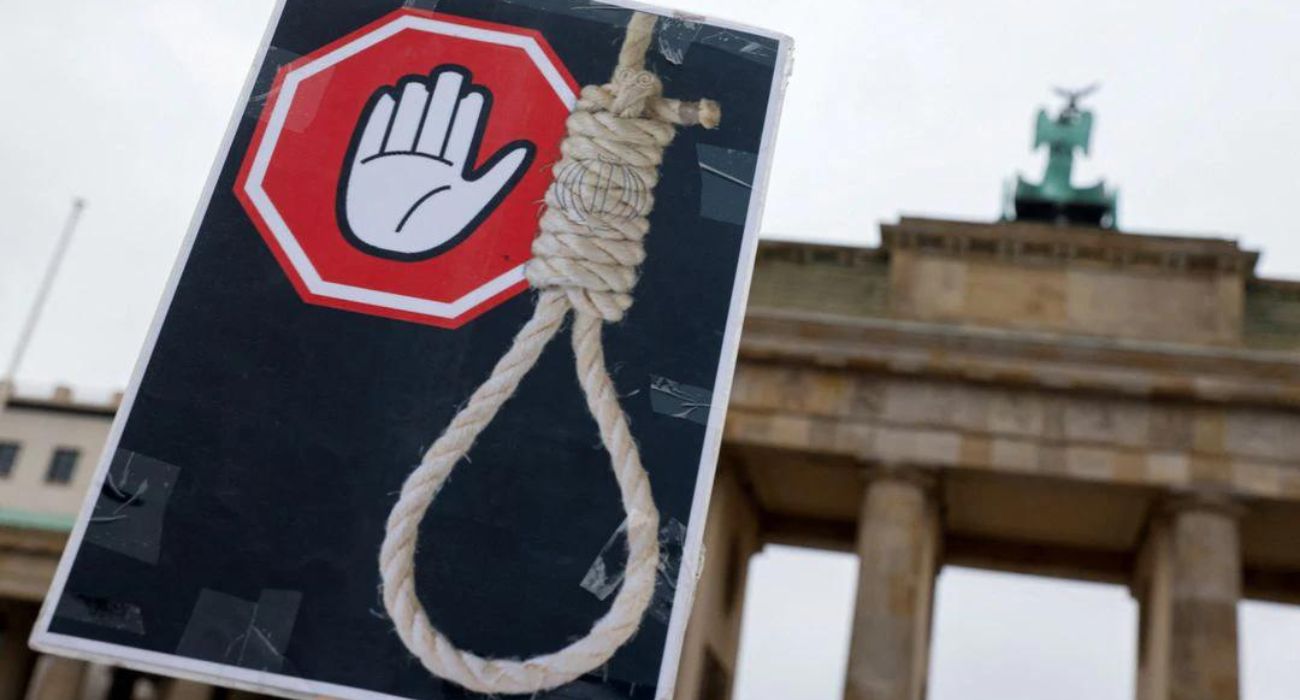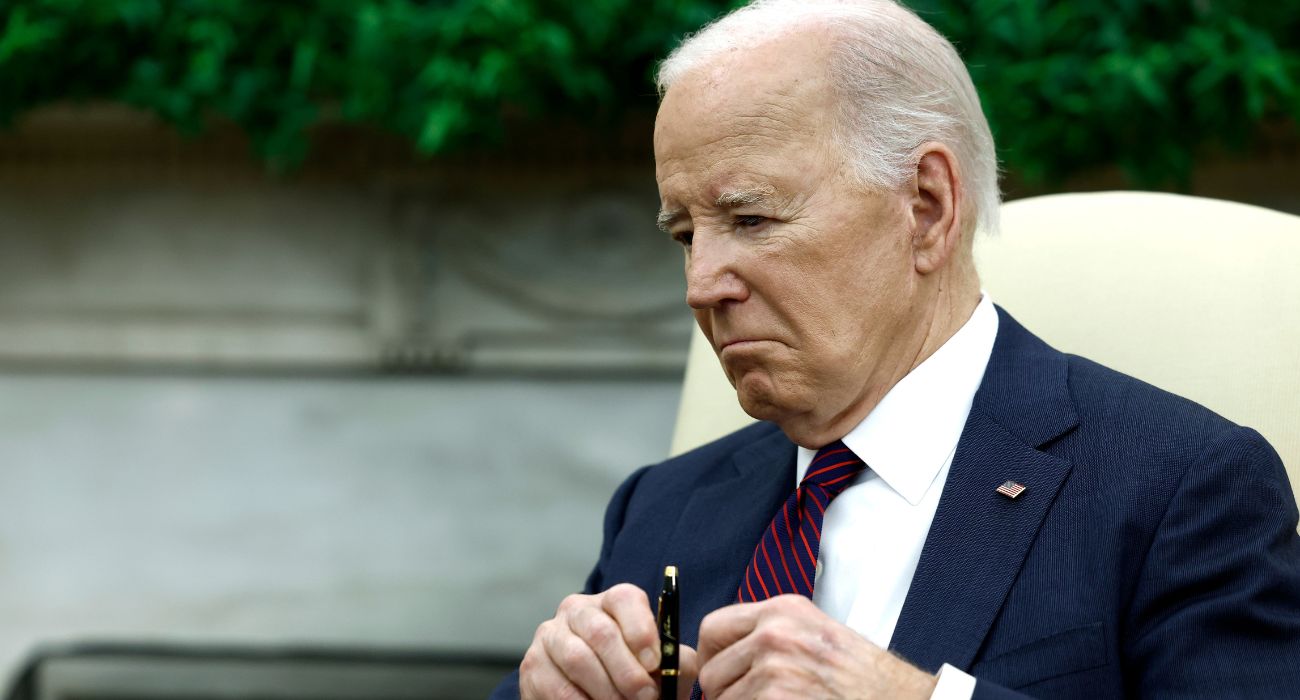Iran’s public executions continue as Monday saw a second prisoner linked to anti-government protests hung from a construction crane.
Majidreza Rahnavard, a 23-year-old, was killed 23 days after his arrest. He allegedly fatally stabbed two paramilitary force members to death and wounded four others on November 17 after “purportedly becoming angry about security forces killing protestors,” ABC 8 reported.
Public executions using a crane were last used to dissuade protests occurring in the wake of the disputed presidential election of 2009 in which incumbent president Mahmoud Ahmadinejad declared victory.
Iran is now once again embroiled in nationwide protests challenging the country’s theocracy. The first prisoner to be executed for crimes related to this unrest, Mohsen Shekari, occurred just last Thursday, setting a frightfully rapid pace for protest-related executions.
According to Human Rights Activists in Iran, 488 people have been killed since the demonstrations began in September. Authorities have detained 18,200 people.
In response to Rahnavard’s execution, the non-political and non-governmental organization warned that “[i]n the absence of serious measures to deter the Islamic Republic from executing protesters, we will be facing even more horrific crimes like the 1980s mass execution of political prisoners.”
Iran’s Mizan news agency published several gruesome images of Rahnavard hanging from the crane as a warning to others. His hands and feet were bound, with a black bag over his head, according to ABC 8.
The news agency also aired footage of what is alleged to be Rahnavard chasing a man around a street corner and stabbing him after he fell against a parked motorbike. Another video allegedly showed the same man stabbing another immediately after, according to ABC 8.
The victims were members of Basij, a paramilitary volunteer group under Iran’s Revolutionary Guard.
As The Dallas Express previously reported, this notorious militia has been the Islamic regime’s method of enforcement since the 1979 revolution. Recently, they have been deployed to major cities, attacking and detaining protesters, who, in this case and many others, have fought back.
A state television report aired after Rahnavard’s execution showed clips of him in the courtroom. In the video, Rahnavard said he started to hate the Basijis after seeing video clips on social media of the forces beating and killing protesters, according to ABC 8.
Iran’s state news agency claimed that Rahnavard confessed to the charges and accused the man of trying to flee to a foreign country when he was arrested.
Rahnavard was convicted of “waging war against God” — a charge that carries the death penalty — in Mashhad, a Shiite holy city located 460 miles east of the capital.
Mashhad’s Revolutionary Court, where he was tried, has been criticized for not allowing those on trial to pick their own lawyers or see the evidence against them.
According to experts from the United Nations, unfair trials of this nature leading to executions constitute “an arbitrary deprivation of life” and 12 others have been similarly sentenced to death with the same charge.
However, Amnesty International, a human rights group, has identified 20 people threatened with execution in connection with the protests and worries that this number will grow. It also calls on the international community “to pressure the Iranian authorities to stop executions and quash death sentences.”
In response to Rahnavard’s execution, as well as for supplying drones to Russia in its war against Ukraine, the European Union is expected to approve a new series of sanctions against Iran.
“We are going to approve a very, very tough package of sanctions,” said EU foreign policy chief Josep Borrell after he spoke with Iran’s foreign minister, according to Free Press Journal.
Sanctions from both the EU and the U.S. on Iran have already seen the country’s currency, the rial, plummeting to record lows.






